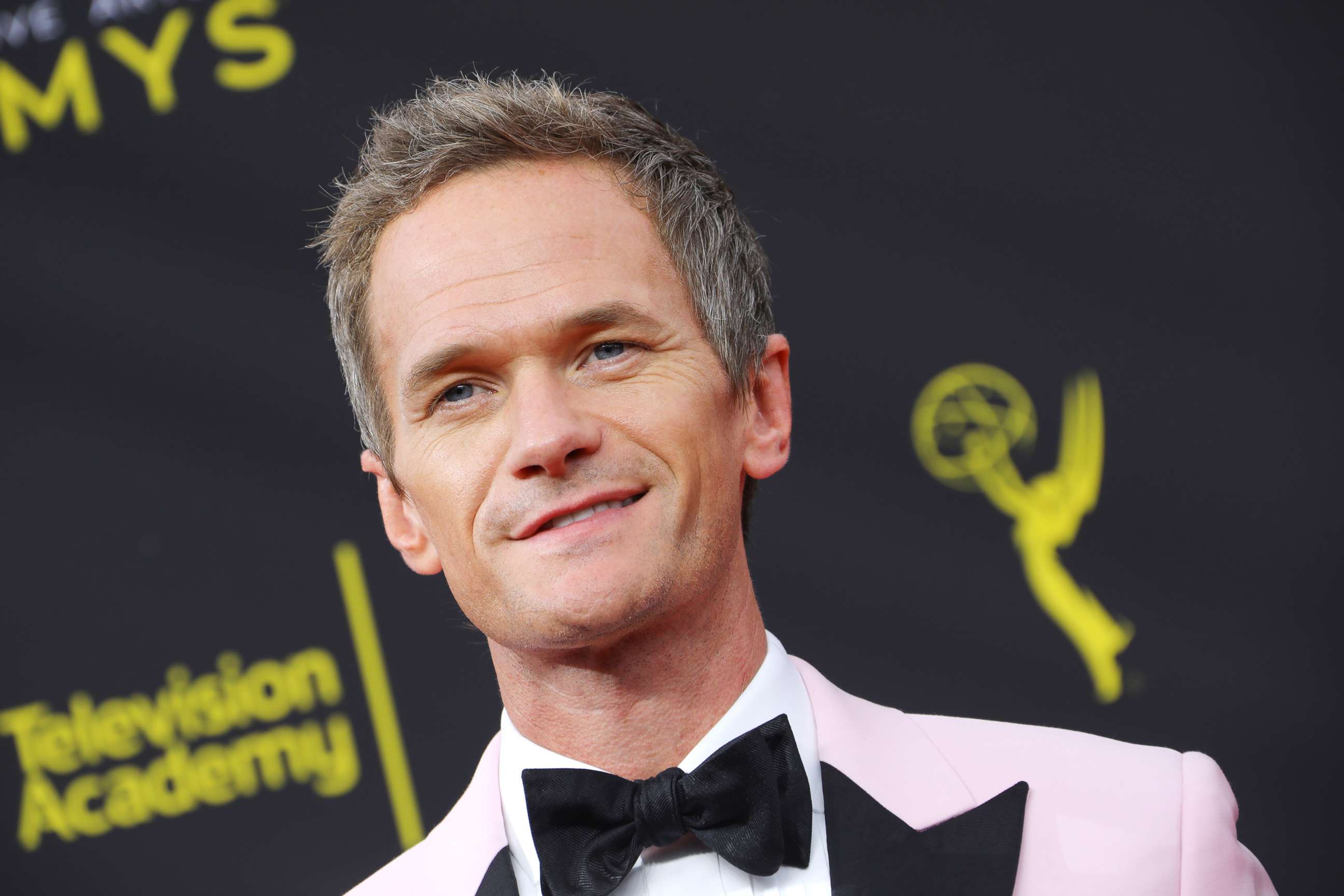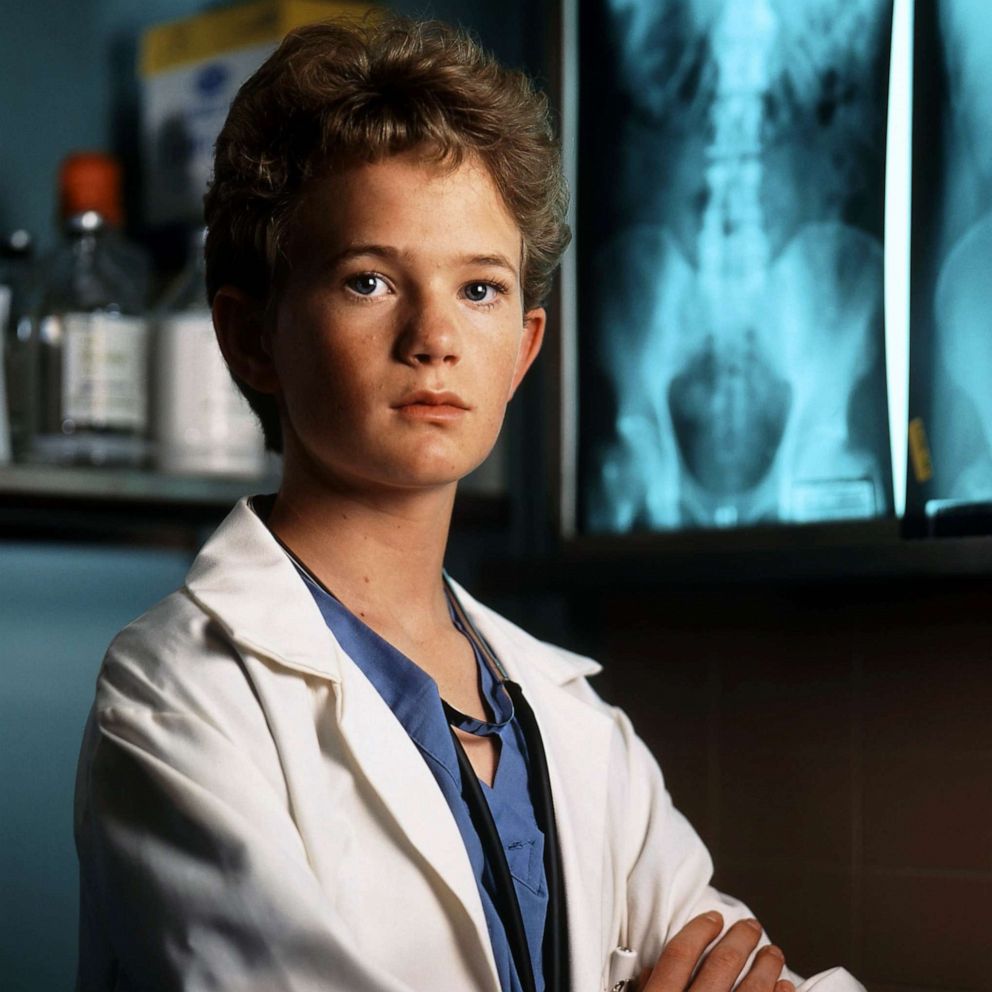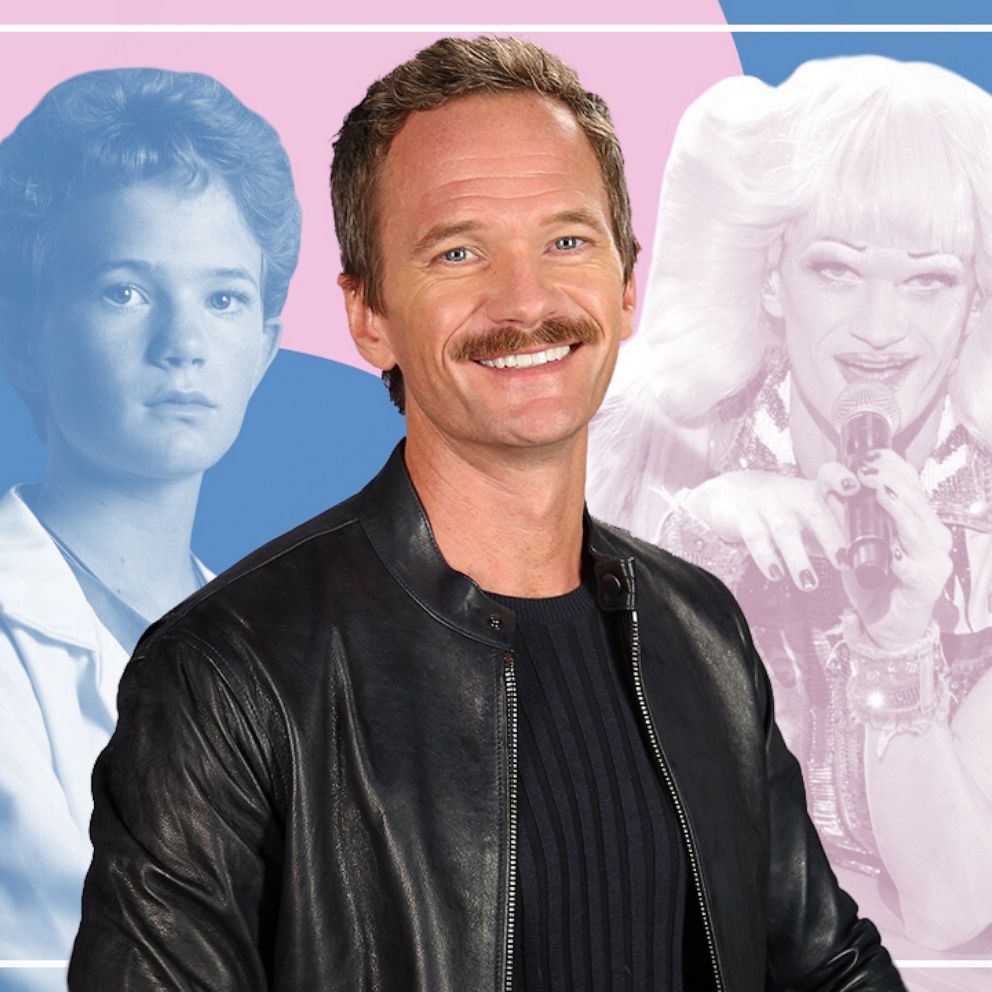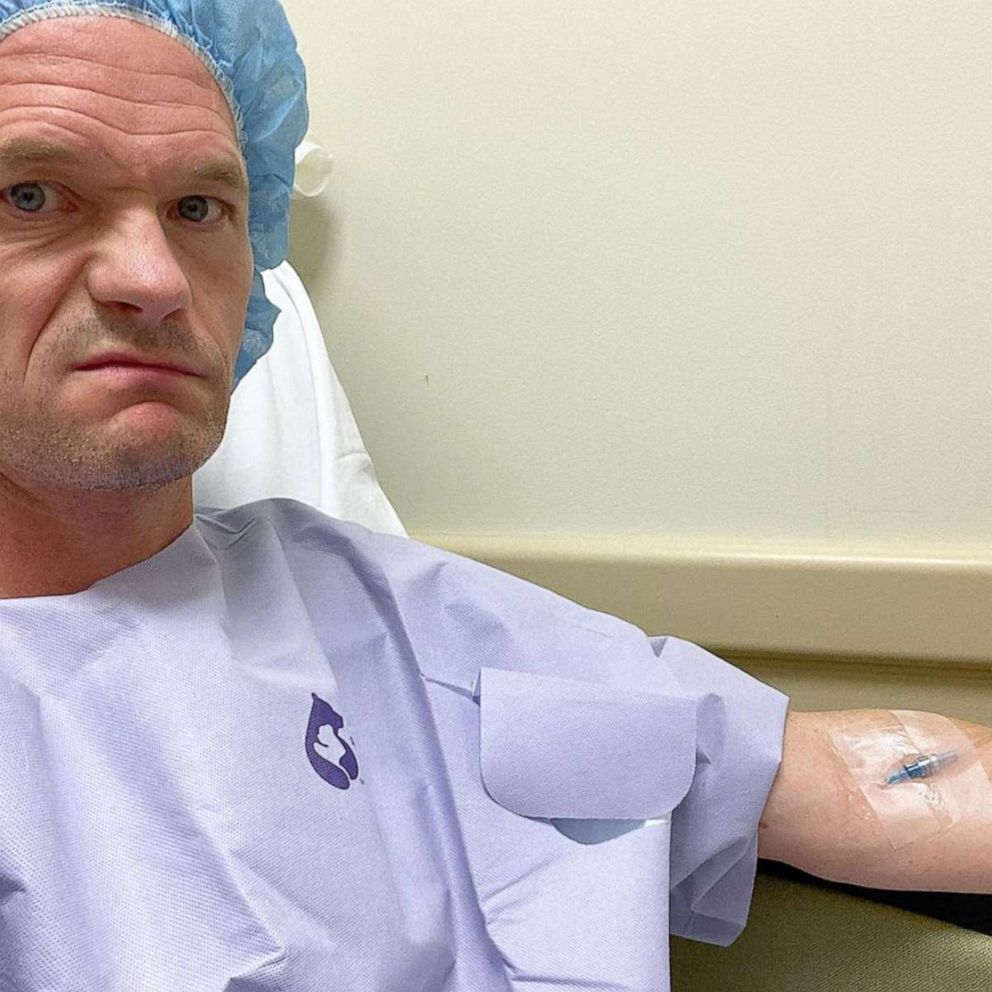Neil Patrick Harris talks straight actors playing gay characters
"I played a character for nine years that was nothing like me," Harris said.
Neil Patrick Harris has weighed in on the debate over straight actors playing gay characters.
The actor, who came out as gay in 2006, says he doesn't see an issue. In a Thursday interview with U.K.'s The Times, Harris shared his thoughts on the comments made by screenwriter Russell T Davies, who said he is opposed to straight actors playing gay roles.
"I’m not one to jump onto labeling. As an actor, you certainly hope you can be a visible option for all kinds of different roles," the 47-year-old Emmy nominee said, using the character he played on "How I Met Your Mother" -- serial womanizer Barney Stinson -- to illustrate his point.
"I played a character for nine years that was nothing like me," Harris said before referencing Davies' series "Queer as Folk," which starred three straight actors as gay men.
"It was one of the real true turning points for me as examples of sexy guys behaving as leads in something of import, not as comic sidekicks," the father of two explained. "There’s something something sexy about casting a straight actor to play a gay role, if they’re willing to invest in it."

Harris also said that mentality might limit opportunities, explaining, "In our world that we live in, you can’t really as a director demand that ... who’s to determine how gay someone is?"
Davies, in a previous interview with Radio Times, said, "“I’m not being woke about this… but I feel strongly that if I cast someone in a story, I am casting them to act as a lover, or an enemy, or someone on drugs or a criminal or a saint… they are not there to ‘act gay’ because ‘acting gay’ is a bunch of codes for a performance. It’s about authenticity, the taste of 2020."
"You wouldn’t cast someone able-bodied and put them in a wheelchair," he added. "You wouldn’t Black someone up. Authenticity is leading us to joyous places."
When asked about Davies' comments directly, Harris said the Welsh television producer was "speaking more about the joyfulness of being able to be authentic."







